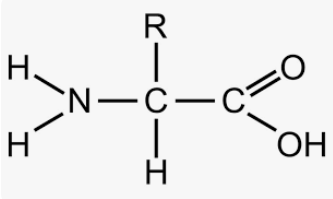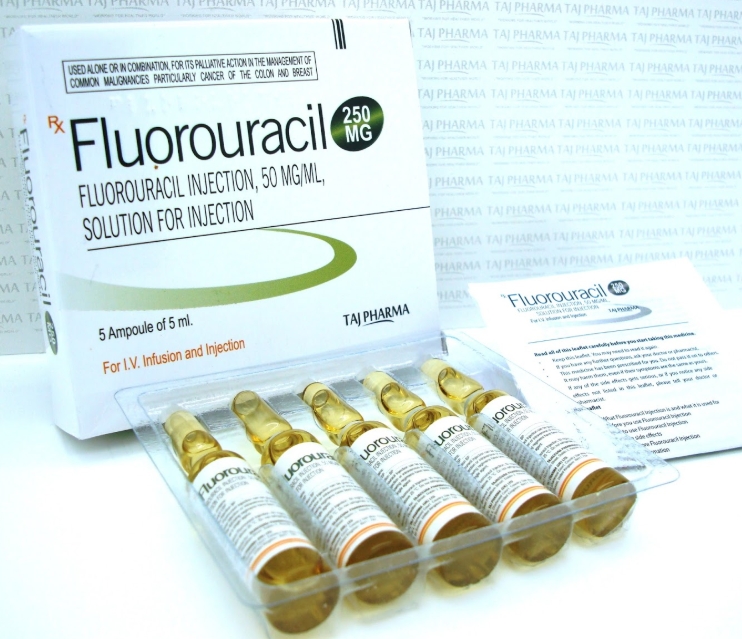+86-025-52300628
- All
- Product Name
- Product Keyword
- Product Model
- Product Summary
- Product Description
- Multi Field Search
Views: 0 Author: Site Editor Publish Time: 2025-07-11 Origin: Site








Did you know parasitic infections affect millions yearly, from malaria to lice? These infections are more common than we think and can cause serious harm if untreated.
In this article, we’ll explore the role of antiparasitic drugs in treating these infections. You’ll learn how they target protozoa, helminths, and ectoparasites, and why they’re essential to stopping their spread.

Parasites are tiny organisms that live on or inside a host, benefiting at the host's expense. They can cause harm and lead to infections like malaria, giardiasis, and lice infestations. There are three main types: protozoa (single-celled), helminths (worms), and ectoparasites (external parasites). Parasitic infections spread through contaminated food, water, insect bites, or direct contact. With over a billion cases globally, they are common in tropical and subtropical regions. Vulnerable groups like children, pregnant women, and those with weak immune systems are at higher risk, requiring targeted interventions.

Antiparasitic drugs are medications designed to treat infections caused by parasites. These drugs work in different ways: they may kill the parasite, stop its growth, or paralyze it, preventing it from causing further harm.
They target various types of parasites:
Protozoa: Single-celled organisms like Plasmodium (which causes malaria) and Giardia.
Helminths: Larger, multicellular parasites such as worms (roundworms, tapeworms).
Ectoparasites: External parasites like lice and ticks, which live on the host's skin.
Each type of parasite requires a different approach for treatment, and antiparasitic drugs are specifically designed to attack the weaknesses of these organisms.
Antiprotozoal agents target protozoan infections, such as malaria, giardiasis, and trichomoniasis. They work by either killing the protozoa or preventing them from multiplying.
Malaria treatment: Common drugs like chloroquine and artemisinin fight malaria by targeting the parasite's ability to detoxify harmful substances in the blood.
Giardia and Trichomoniasis: Drugs like metronidazole and tinidazole are effective against Giardia and Trichomonas by interfering with the parasite’s metabolism.
Antihelminthic agents are used to treat infections caused by parasitic worms. These drugs either kill the worms or help expel them from the body.
Albendazole: Often used for treating tapeworms, roundworms, and hookworms.
Mebendazole: Common for treating pinworms, roundworms, and whipworms.
Praziquantel: Effective against schistosomiasis and other flatworm infections.
Ectoparasiticides are used to treat external parasites that live on the skin.
Lice, scabies, bedbugs: These ectoparasites are treated using drugs like permethrin and ivermectin, which paralyze or kill the parasites.
Permethrin: Commonly used for scabies and lice.
Ivermectin: Treats a range of ectoparasite infections, including scabies and lice.
These drugs are vital for controlling external parasites, providing relief from the discomfort and risks they cause.
Antiparasitic drugs are prescribed to treat various parasitic infections. Common conditions include:
Amebiasis: Caused by Entamoeba histolytica, it leads to symptoms like diarrhea, stomach cramps, and fever.
Giardiasis: A gut infection caused by Giardia, often causing diarrhea, bloating, and nausea.
Chagas disease: Caused by Trypanosoma cruzi, it may cause fever, swelling, and fatigue.
Toxoplasmosis: Caused by Toxoplasma gondii, it can be especially dangerous for pregnant women, leading to birth defects.
Symptoms that suggest a parasitic infection include:
Persistent diarrhea
Abdominal pain or cramping
Unexplained fatigue or weight loss
Skin rashes or itching (in the case of ectoparasites like lice)
If these symptoms appear, antiparasitic drugs may be prescribed for treatment.
Antiparasitic drugs come in several forms, depending on the infection type and severity:
Oral medications: These are the most common, available in tablet or liquid form. For example, metronidazole for giardiasis or albendazole for helminth infections.
Intravenous (IV) medications: Used for severe infections, such as advanced malaria or Chagas disease. IV drugs are administered in a healthcare setting.
Topical applications: These are used for treating ectoparasites like lice and scabies. Permethrin cream or lotion is applied directly to the skin.
The duration and dosing schedule depend on the drug and the infection being treated. For example:
Malaria treatments may last 3-7 days.
Drugs for intestinal parasites like Giardia often require a 5-10 day course.
Ectoparasite treatments, such as lice, may involve a single application, but sometimes a second dose is needed after a week.
Following the prescribed schedule is key to effective treatment and to prevent the infection from recurring.
Like all medications, antiparasitic drugs can cause side effects. Common side effects include:
Abdominal pain: Discomfort or cramping in the stomach.
Nausea and vomiting: Feelings of sickness or throwing up.
Dizziness and fatigue: Light-headedness or extreme tiredness.
In some cases, more serious side effects may occur, including:
Vision changes: Blurry vision or other eyesight issues.
Liver damage: Indicated by yellowing skin or eyes (jaundice).
Neurological symptoms: Seizures, tremors, or numbness.
If you experience any of these side effects, it’s important to contact a healthcare provider immediately. Managing symptoms like nausea can involve taking the drug with food or adjusting the dosage.
Overdosing on antiparasitic drugs can lead to serious health issues, such as:
Kidney or liver damage: Overuse can stress these organs, especially in those with pre-existing conditions.
Vision problems: Some drugs can cause vision disturbances if taken in excess.
Long-term use of certain antiparasitic drugs can lead to complications, including:
Toxicity: Prolonged exposure to some medications can lead to organ damage.
Drug resistance: Overuse can reduce the effectiveness of drugs against parasites.
Special precautions should be taken for vulnerable groups, such as:
Pregnant women: Some antiparasitic drugs can harm the developing baby.
Children: Dosing should be adjusted to avoid side effects.
Immunocompromised individuals: They may experience stronger side effects due to their weakened immune systems.
Always follow the prescribed dosage and consult a healthcare provider if you have concerns about side effects or risks.
Antiparasitic drugs are generally effective in treating most parasitic infections. The success of treatment depends on several factors:
Type of parasite: Some parasites, like malaria, are easier to treat, while others, like Giardia or tapeworms, require specific drugs.
Drug resistance: Over time, some parasites may become resistant to certain drugs, making treatment less effective.
Individual health conditions: A person’s immune system, age, and overall health can affect how well they respond to treatment.
For most people, these drugs are highly effective when taken as prescribed, but factors like resistance or other health issues can impact their success.
While antiparasitic drugs are effective for most, certain groups should avoid or take special precautions when using them. These groups include:
People with kidney disease: Some antiparasitic drugs can strain the kidneys, so alternatives may be necessary.
Pregnant women: Certain drugs can harm the baby, so only approved medications should be used under medical supervision.
Breastfeeding mothers: Some drugs pass into breast milk, potentially affecting the baby. A healthcare provider will advise on safe options.
For those in these groups, special considerations and alternative treatments may be available. It's essential to consult with a doctor before starting any treatment.
To ensure the safe and effective use of antiparasitic medications:
Follow healthcare provider instructions: Always take the medication exactly as prescribed. Do not skip doses or stop early.
Complete the full course: Even if symptoms improve, it’s important to finish the entire course to fully eliminate the parasite.
Prevent reinfection: Practice good hygiene, use preventive measures like insect repellent, and avoid contaminated food or water to reduce the risk of reinfection. Educating others about the importance of treatment can also help protect the community.
By following these guidelines, you can ensure the medication works as intended while minimizing risks.
Antiparasitic drugs are essential for treating infections caused by parasites. They help manage conditions like malaria, giardiasis, and more. Early diagnosis and timely treatment are crucial for success. Always consult a healthcare provider for proper diagnosis and effective treatment to ensure the best outcomes.
A: Antiparasitic drugs are effective for most parasitic infections, but some parasites may develop resistance, making treatment more difficult.
A: The time it takes depends on the infection. Most treatments work within a few days to weeks, but it’s essential to complete the full course.
A: Some herbal remedies are used, but they are not as effective as prescription medications. Consult a doctor for reliable treatment.
A: Antiparasitic drugs should be taken under a healthcare provider’s guidance to ensure correct diagnosis and proper treatment.
A: If antiparasitic drugs don't work, it may be due to antimicrobial resistance. Alternative treatments, such as different drug combinations or new medications, may be considered. Prevention strategies, like using mosquito nets for malaria, can also help reduce reliance on drugs. Consult your doctor for tailored treatment based on the infection and parasite type.